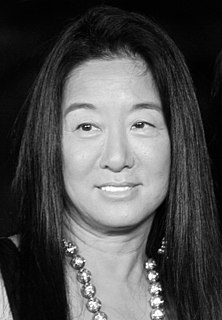A Quote by Miguel de Cervantes
Related Quotes
Buddha says this is how one should be - no desire, because all desires are futile. They are about the future; life is in the present. All desires distract you from the present, all desires distract you from life, all desires are destructive of life, all desires are postponements of life. Life is now and the desire takes you away, farther and farther away from now. And when we see that our life is misery we go on throwing the responsibility on others, and nobody is responsible except us.
See what your misery is, what desires are causing it, and why you are clinging to those desires. And it is not for the first time that you are clinging to those desires; this has been the pattern of your whole life and you have not arrived anywhere. You go on in circles, you never come to any real growth. You remain childish, stupid. And you are born with the intelligence that can make you a buddha, but it is lost in unnecessary things.
Prayer is the offering up of our desires to God in the name of Christ, for such things as are agreeable to his will. It is an offering of our desires. Desires are the soul and life of prayer; words are but the body; now as the body without the soul is dead, so are prayers unless they are animated with our desires.
There are urges and urges; you are exploding with urges, desires. You don`t have one desire, you have many desires. Not only that you have many desires, you have contradictory desires. If one is fulfilled, the other, which is its contradiction, remains unfulfilled and you are in misery. If the other is fulfilled, then something else remains unfulfilled.
If you have desires, try to look - are those desires the cause of your misery? Nobody wants misery, but nobody is willing to drop the desires - and they are together, they cannot be separated. This is one of the greatest insights that has come from all the enlightened people in the world - that desire is the root of all misery, and desirelessness is the cause of all that is beautiful and blissful.



































